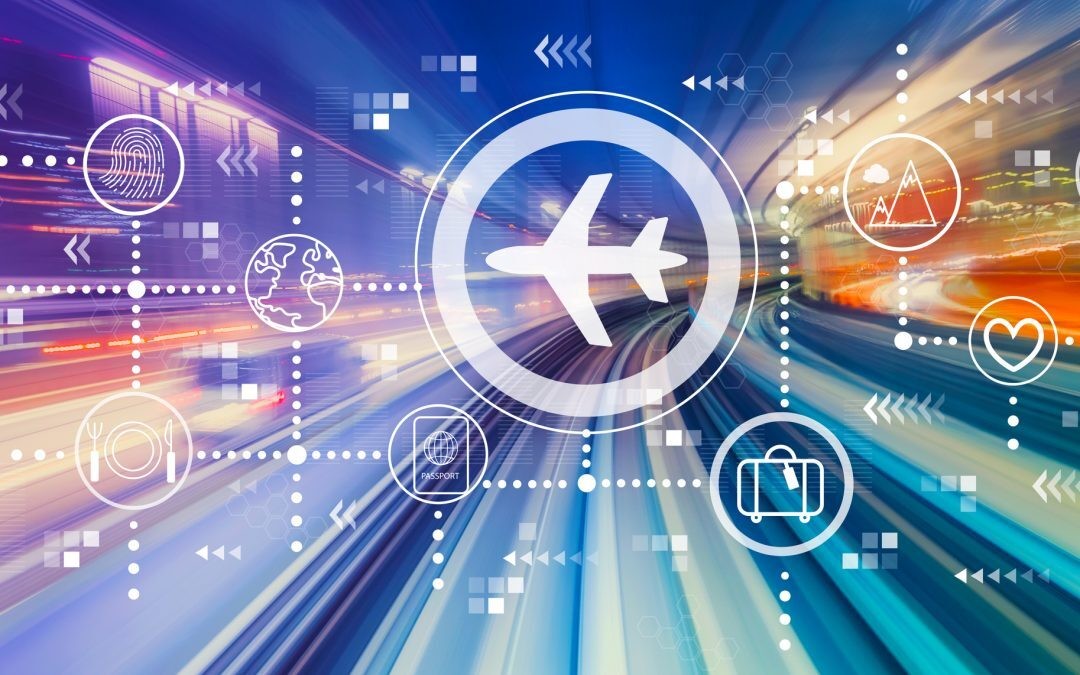In the vastness of space, accurate trajectory prediction is crucial for the successful navigation and control of spacecraft. With the advent of AI, new horizons have opened up in the field of space exploration, enhancing the precision and reliability of trajectory predictions. This article explores how AI in spacecraft trajectory prediction is transforming the way we approach space navigation.

The Importance of Trajectory Prediction
Trajectory prediction is a critical component in space missions, determining the path a spacecraft will follow. Accurate predictions ensure that missions reach their intended destinations, avoid collisions, and conserve fuel. Traditionally, these predictions relied heavily on complex mathematical models and extensive calculations.
How AI Enhances Trajectory Prediction
AI brings a paradigm shift to trajectory prediction by utilizing advanced algorithms to process vast amounts of data quickly and accurately. By learning from historical data, AI systems can predict trajectories with greater precision, adapting to new variables and unexpected changes in real-time.
Machine Learning in Trajectory Prediction
Machine learning, a subset of AI, plays a pivotal role in trajectory prediction. Algorithms learn from previous missions to predict future trajectories, refining their accuracy with each iteration. This continuous learning loop enhances the reliability of predictions, especially in dynamic environments.
Real-Time Adjustments
One of the most significant advantages of using AI is its ability to make real-time adjustments to trajectories. As new data is received, AI systems can instantly analyze and integrate this information, ensuring that spacecraft remain on the correct path, even when unexpected events occur.
Applications of AI in Space Missions
The applications of AI in space missions are diverse and continually expanding. From autonomous navigation to collision avoidance, AI enhances various aspects of space travel, making missions more efficient and less risky.
Autonomous Navigation
With the help of AI, spacecraft can now navigate autonomously, reducing the need for human intervention. This autonomy is particularly beneficial in deep space missions, where communication delays can hinder timely decision-making.
Collision Avoidance Systems
Collision avoidance is a critical aspect of space travel. AI systems can predict potential collisions with space debris or other spacecraft, providing timely alerts and enabling evasive maneuvers to avoid accidents.
The Future of AI in Space Exploration
The integration of AI in space missions is just beginning. Future advancements in AI technology hold the promise of even more precise and reliable space navigation, opening up new possibilities for exploration and discovery.
Challenges and Opportunities
While AI offers significant advantages, it also presents challenges, such as ensuring the accuracy of predictions and maintaining the integrity of AI systems. However, these challenges also present opportunities for innovation and improvement in AI technology.
Collaboration Between Humans and AI
The future of space exploration will likely involve a collaborative approach, combining human expertise with the computational power of AI. This partnership will enhance our ability to explore and understand the universe.
Conclusion
The role of AI in spacecraft trajectory prediction is transformative, offering unprecedented accuracy and reliability in space navigation. As technology advances, the potential for AI to revolutionize space exploration continues to grow, promising exciting developments in the years to come.

FAQ
How does AI improve spacecraft navigation?
AI improves navigation by providing real-time trajectory predictions and adjustments, enhancing the accuracy and efficiency of space missions.
What challenges does AI face in space exploration?
Challenges include ensuring prediction accuracy and maintaining system integrity in the harsh space environment.
Will AI replace human involvement in space missions?
While AI enhances autonomy, human expertise remains crucial for decision-making and mission planning.
For further insights on AI applications in the aerospace industry, visit MaxAIX.

